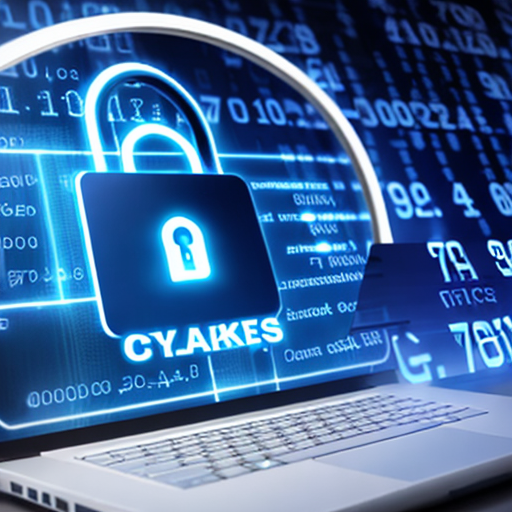How serious a security issue does cryptocurrency have? Look at the news, for example. An article last week stated that North Korean hackers had their best year ever in 2022 and have already stolen $200 million this year. These hackers steal cryptocurrency to fund the crazed dictator’s efforts to build nuclear weapons. This happened at the same time as reports that the $42 million cryptocurrency gambling platform Stake had been stolen. To cap off the week, fraudsters gained access to Ethereum creator Vitalik Buterin’s X (formerly Twitter) account and used it to promote a giveaway of cryptocurrencies in order to steal close to $700,000.
It is not surprising that these most recent advances exist. Because of the semi-anonymous nature of blockchain, hackers have flocked to cryptocurrencies since the early days of Bitcoin to steal from individuals, businesses, and even one another. From the disastrous Mt. Gox breach in 2014 to Bitfinex in 2016 to Axie Infinity’s “oops, we lost $600 million” moment in 2017, enormous looting has been a staple of the sector just like Lamborghinis and poor tattoo choices.
The issue is that, despite more than a decade of difficult learning, crypto’s online weaknesses seem to be getting worse rather than better. The most recent hacking spree is a bad sign for a sector seeking to regain investor trust after the FTX fiasco last year, and it won’t win over the U.S. government, which is justifiably concerned that cryptocurrency is funding Kim Jong Un’s military.
Fair enough, the crypto sector isn’t the only one that suffers from hackers. Hospitals, state governments, and numerous Fortune 500 firms have all suffered damage from cybercriminals. It is also difficult to defeat hackers who are supported by a nation-state, such as North Korea, but also countries like China, Russia, and Iran.
However, it seems that the cryptocurrency sector might work harder. Too many cryptocurrency companies have given security a low priority by prioritizing get-rich-quick schemes over less glamorous tasks like auditing code and defending against phishing, despite the fact that analytics companies like Chainalysis and TRM regularly collaborate with senior law enforcement officials to trace and occasionally capture stolen assets.
The situation is probably going to deteriorate quickly. This is partly because nation-state-sponsored hackers are getting better at stealing digital assets, but it’s also because running frauds on X has gotten simpler ever since Elon Musk took charge. The billionaire has made it easier for scammers to run rampant by abandoning its long-standing authentication process, despite vowing to remove bots and thieves from the platform.
The next disastrous hack will eventually come to light, it’s only a matter of time. Blockchain initiatives need to cooperate better as a community to strengthen their defenses if the industry is to buck this trend. This includes engaging with the government as well.








